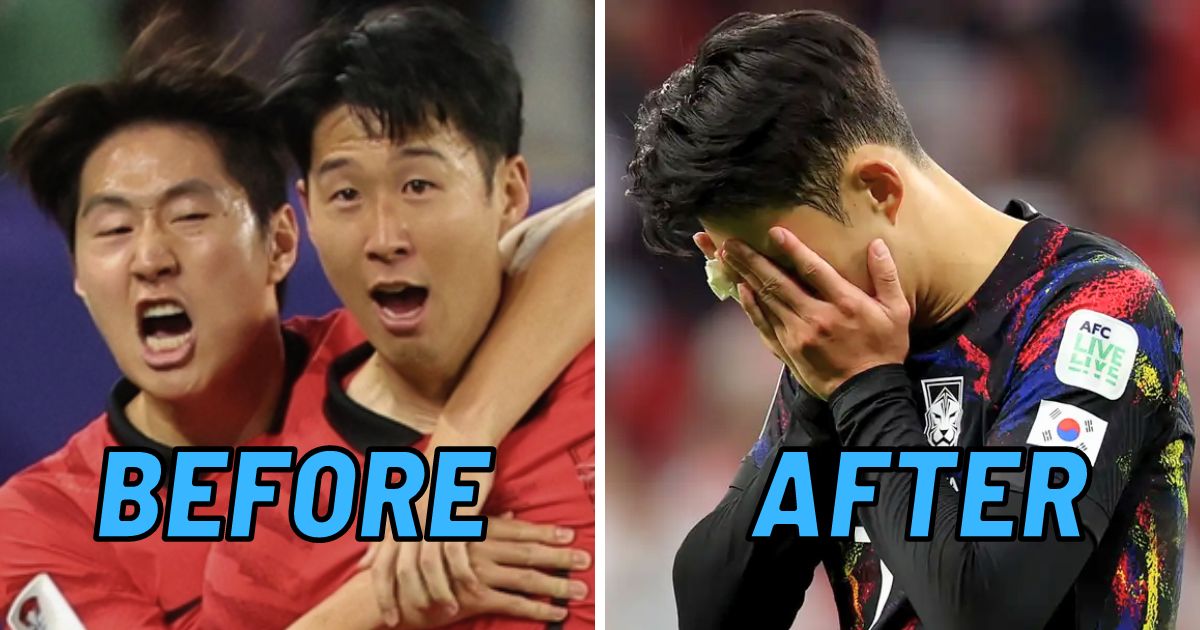New details have emerged about the controversial altercation between star players Son Heung Min and Lee Kang In before their crucial Asian Cup semifinal against Jordan. Despite the public apology from Lee Kang In for the physical confrontation that saw Son injured, recent insights from Korean media suggest the incident had deeper repercussions on the team’s performance and, ultimately, their loss in the semifinal.
| Getty Images
The tension between Son and Lee came to a head in a pre-match incident that saw Son grabbing Lee by the collar, with Lee responding with a punch. This altercation led to a significant divide within the team, with some members even requesting Coach Jurgen Klinsmann to exclude Lee from the starting lineup against Jordan. Despite the internal strife, Klinsmann chose to start both players — a decision that has since been scrutinized in light of the team’s performance.
| Getty Images
During the match against Jordan, Son Heung Min, known for his leadership and playmaking abilities, made a notable effort to engage Lee Kang In in the game, passing the ball to him 10 times. This was a significant increase in interaction from the first half, where Son passed the ball to Lee only once. Son’s strategy seemed aimed at integrating Lee into the play, despite the previous day’s conflict, showing a professional attempt to rise above personal grievances for the team’s benefit.
Lee Kang In, on his part, made 55 passes throughout the match, but his interactions with Son were minimal — especially in the first half, where he did not pass to Son at all. In the second half, Lee passed the ball to Son three times, indicating a lukewarm attempt at reciprocating Son’s efforts to mend their on-field relationship.
| Getty Images
The dynamics of this relationship had a palpable impact on the team’s overall performance. The match statistics reveal a tale of missed opportunities and a lack of effective collaboration between two of South Korea’s key players. Jordan capitalized on this disunity, maintaining a high defensive line and stifling South Korea’s attacks, leading to a game devoid of effective shots on goal from the Korean side.
| Yonhap News Agency
Critics argue that the unresolved tension between Son and Lee may have contributed to the team’s lack of cohesion and effectiveness on the field. While Son attempted to bridge the gap between himself and Lee, the latter’s reserved interactions, particularly in passing to Son, might reflect the lingering effects of their altercation.
The match against Jordan was a testament to the fact that individual conflicts can undermine team spirit and performance. South Korea’s inability to capitalize on the spaces behind Jordan’s defense — despite the tactical opportunities available — was yet another example of the critical importance unity and mutual support among team members have.




